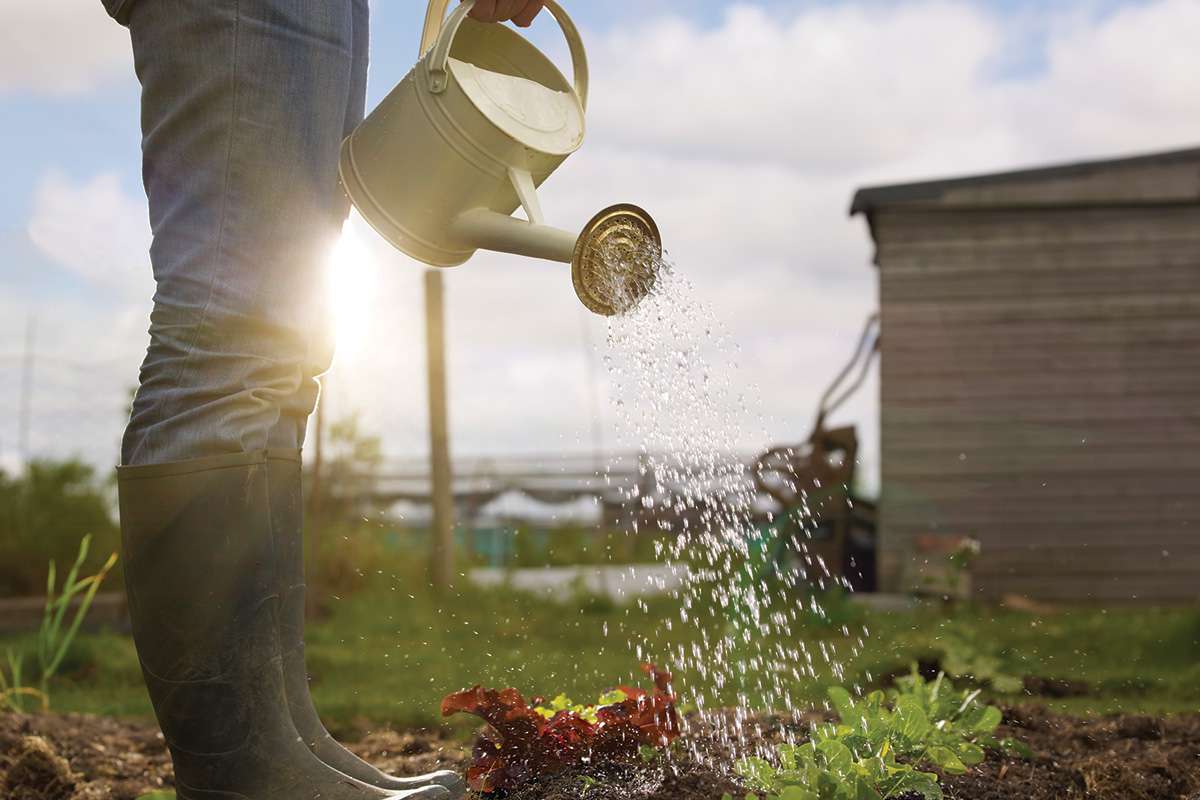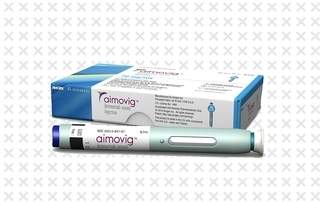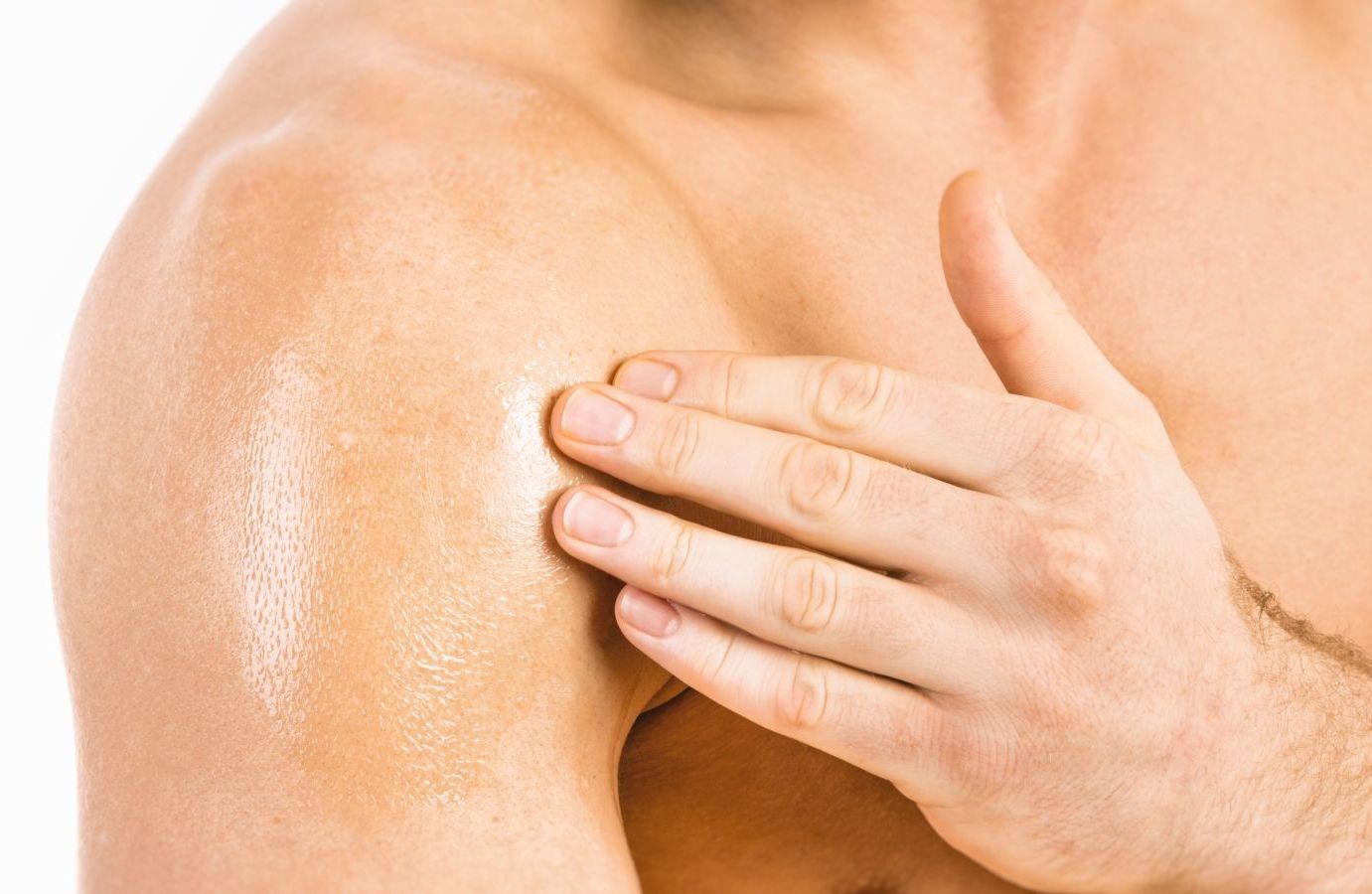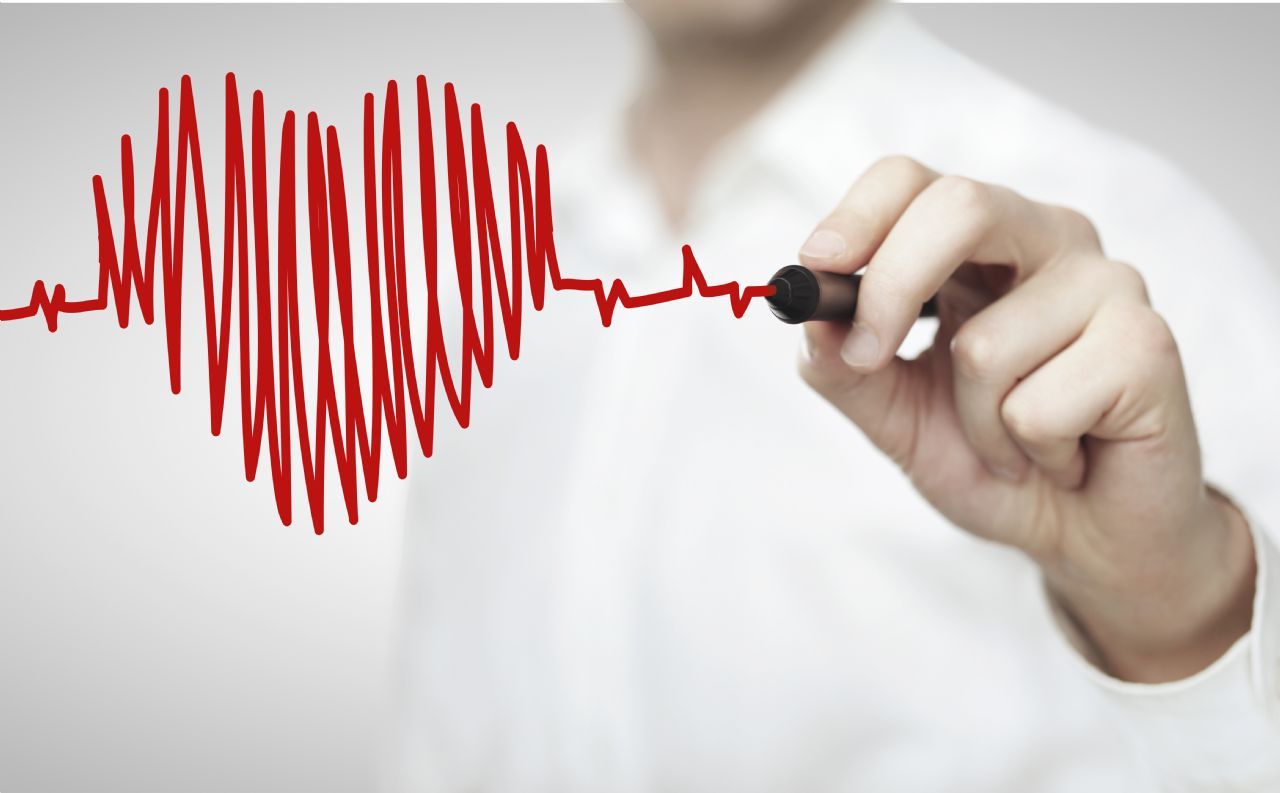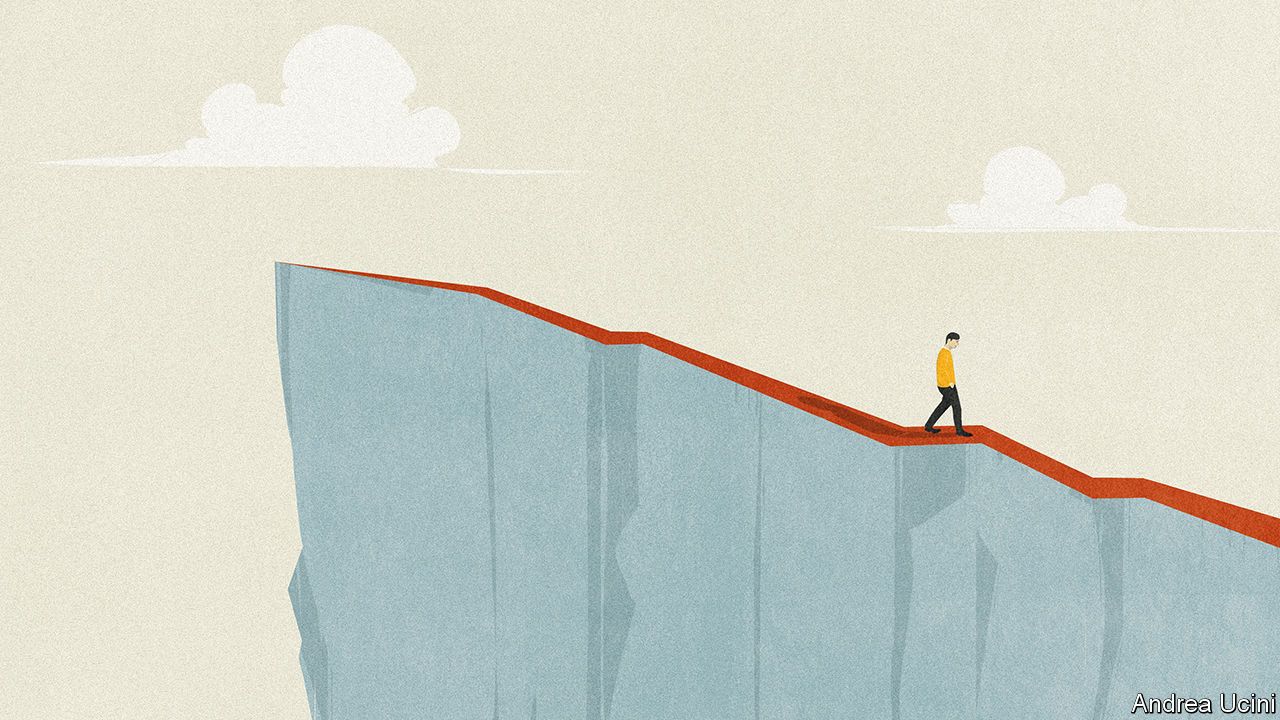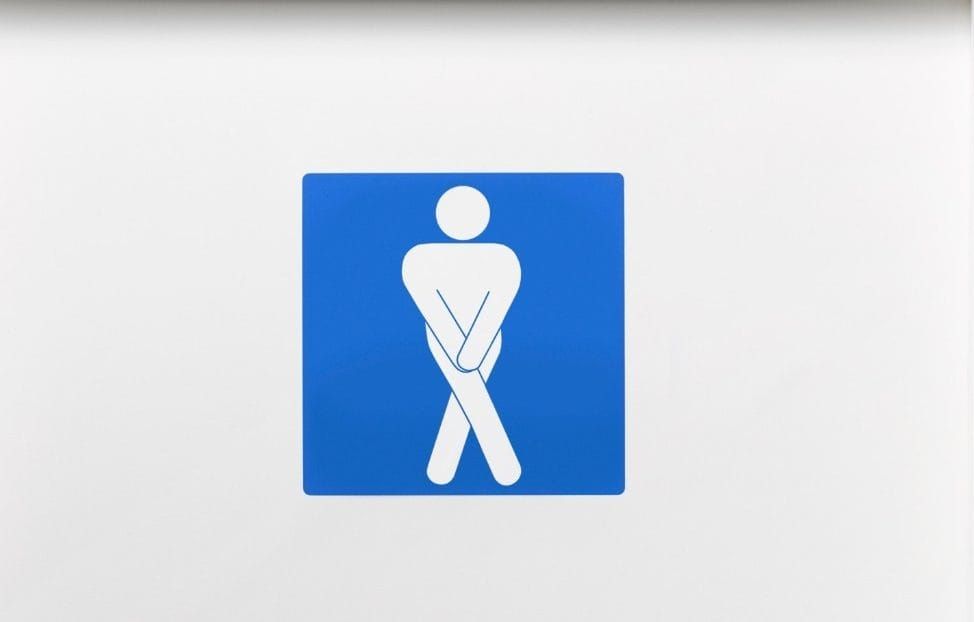Gardens are good for you. Having 10 per cent more green space in your surroundings can bring health improvements roughly equivalent to being five years younger, according to one study – even when other possible influences like socio-economic status are taken into account. Others have found that people who tend allotments are healthier and have higher self-esteem and well-being, and that each session on their plot is linked to a decrease in the level of the stress hormone cortisol.
So there are lots of reasons to get outside and get growing. Plenty of advice has remained gardening gospel despite going against the laws of nature. We’ve pruned back some of horticulture’s hardiest myths to help you along.

